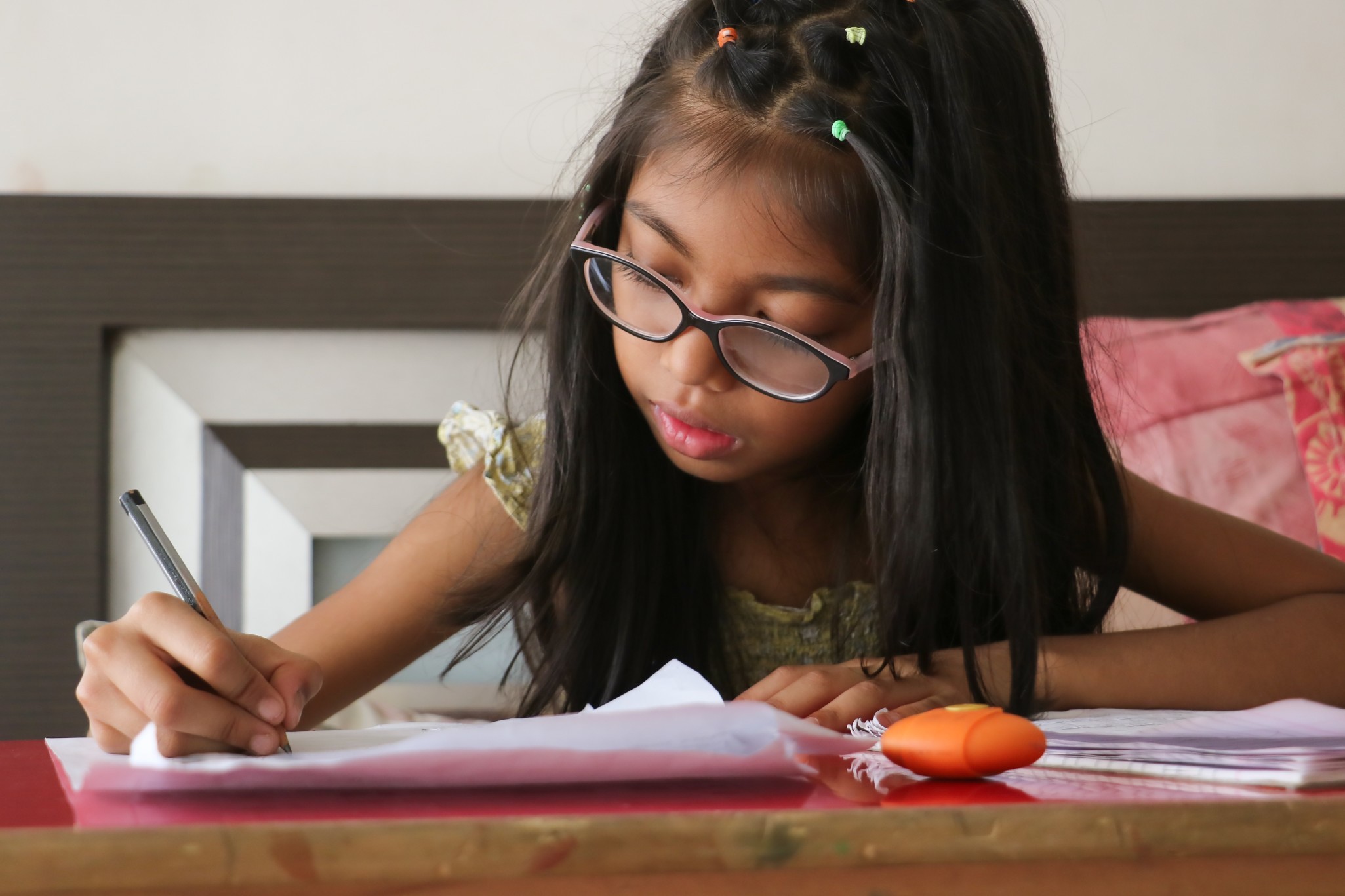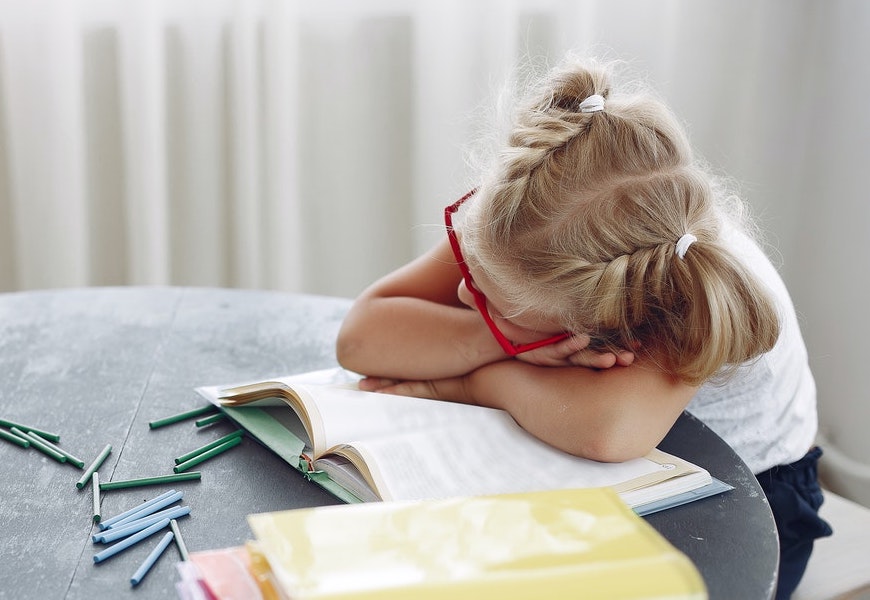Helping Students Cope With a Difficult Year
 As students return to the classroom after over a year of remote and hybrid learning, loss and trauma are ongoing themes. As many as 43,000 children have lost a parent to Covid-19. Lockdowns and quarantine meant social isolation, which has resulted in increases in depression and anxiety in children and adolescents.
As students return to the classroom after over a year of remote and hybrid learning, loss and trauma are ongoing themes. As many as 43,000 children have lost a parent to Covid-19. Lockdowns and quarantine meant social isolation, which has resulted in increases in depression and anxiety in children and adolescents.
In the face of widespread trauma, strategies rooted in emotional regulation, self-growth, and relationship building can help students heal from stress and loss.
Emotional Regulation
Foster emotional expression through creative outlets: Provide students with the opportunity to engage in creative outlets such as art, music, or writing. Let them freely express their emotions and help process any built-up frustrations or stress.
Conduct daily mood check-ins with students: Asking students to assess their mood helps them learn how to identify their emotions and helps teachers quickly assess students who may need some additional support before they are ready to learn. Consider using a ready-to-learn scale in which students rate their emotions from 1 to 10, with 1 to 4 representing down emotions of tiredness or sadness, 5 to 7 representing feeling settled and ready to learn, and 8 to 10 representing up energized emotions or even hyperactivity.
Create a calm corner in the classroom: Students who feel overwhelmed often benefit from a designated area where they can go to manage their emotions or work independently without having to leave the classroom.
Self-Growth
Ask students to write letters to their past selves: Provide students with writing prompts like these:
- “What do you wish you knew prior to the Covid-19 pandemic?”
- “What advice would have made this past year better for you?”
- “What do you want your future self to remember about this time in your life?”
Reflective prompts like these encourage students to acknowledge challenges and brainstorm solutions for managing their struggles.
Focus on student growth: We typically focus on the negatives when we’re stressed, so it’s important to maintain a growth mindset. By highlighting areas where students have grown, teachers can focus on the positives and acknowledge how challenging times present opportunities for learning. Asking students what they have learned about themselves in the past year encourages students to engage in self-reflection.
Relationship Building
Encourage students to share about themselves: Try starting each day with an expression of gratitude when you and your students share something or someone you’re thankful for, or conclude the day by sharing something enjoyable about the day.
Focus on fun: Plan time for a favorite card or board game as a brain break. Uno is always a student favorite, and cribbage can help reinforce math skills. You can also gamify lessons by having students earn badges through completing learning challenges or having students take on different roles to reenact certain perspectives or historical events.
Engage in collaborative learning: Collaboration among students not only fosters healthy relationships but also encourages students to learn from each other and further their understanding of the material.
Excerpted from “Helping Students Cope With a Difficult Year” in Edutopia. Read the full article online.
Source: Edutopia | Helping Students Cope With a Difficult Year, https://www.edutopia.org/article/helping-students-cope-difficult-year | © 2021 George Lucas Educational Foundation
CHC offers free community education sessions for educators. Join us to learn practical teaching strategies you can use in your classroom to help more kids reach their promise and potential. Educator sessions are led by experienced educator/clinician teams from Sand Hill School and CHC.





